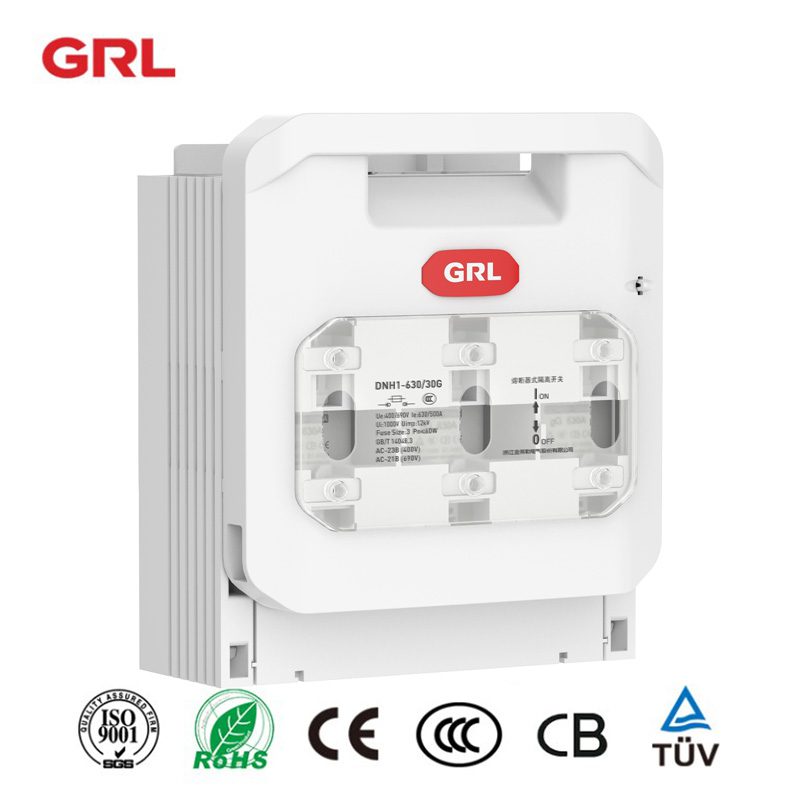
# Fuse Isolator: Essential Component for Electrical Safety
## Introduction to Fuse Isolators
Fuse isolators play a crucial role in electrical systems by providing both protection and isolation capabilities. These devices combine the functions of a fuse and an isolator, making them indispensable components in various electrical applications. Their primary purpose is to safeguard electrical circuits from overcurrent conditions while allowing for safe maintenance and repair work.
## How Fuse Isolators Work
A fuse isolator operates through a simple yet effective mechanism. When excessive current flows through the circuit, the fuse element melts, breaking the electrical connection and preventing damage to the system. The isolator function allows technicians to physically disconnect the circuit for maintenance purposes, ensuring complete electrical isolation.
The device typically consists of three main components:
- Fuse element for overcurrent protection
- Isolating mechanism for physical disconnection
- Enclosure for safety and protection
## Key Benefits of Using Fuse Isolators
Enhanced Safety
Fuse isolators provide a safe means of isolating electrical circuits, reducing the risk of electric shock during maintenance operations.
Circuit Protection
They offer reliable protection against short circuits and overload conditions, preventing potential damage to equipment and wiring.
Cost-Effective Solution
By combining two functions in one device, fuse isolators offer a space-saving and economical solution for electrical installations.
## Applications of Fuse Isolators
Fuse isolators find applications in various settings:
- Industrial electrical distribution systems
- Commercial building power distribution
- Renewable energy installations
- Motor control circuits
- HVAC systems
## Choosing the Right Fuse Isolator
Keyword: Fuse Isolator
When selecting a fuse isolator, consider these important factors:
- Voltage rating matching your system requirements
- Current rating appropriate for the protected circuit
- Breaking capacity sufficient for potential fault currents
- Environmental conditions (indoor/outdoor use, temperature range)
- Compliance with relevant safety standards
## Maintenance and Safety Considerations
Regular Inspection
Periodically check fuse isolators for signs of wear, corrosion, or damage to ensure proper functioning.
Proper Installation
Always follow manufacturer guidelines and electrical codes when installing fuse isolators.
Qualified Personnel
Only trained electricians should perform maintenance or replacement procedures on fuse isolators.
## Conclusion
Fuse isolators serve as vital components in electrical systems, providing both protection and isolation functions. Their proper selection, installation, and maintenance contribute significantly to overall electrical safety. By understanding their operation and benefits, electrical professionals can ensure safer and more reliable electrical installations.